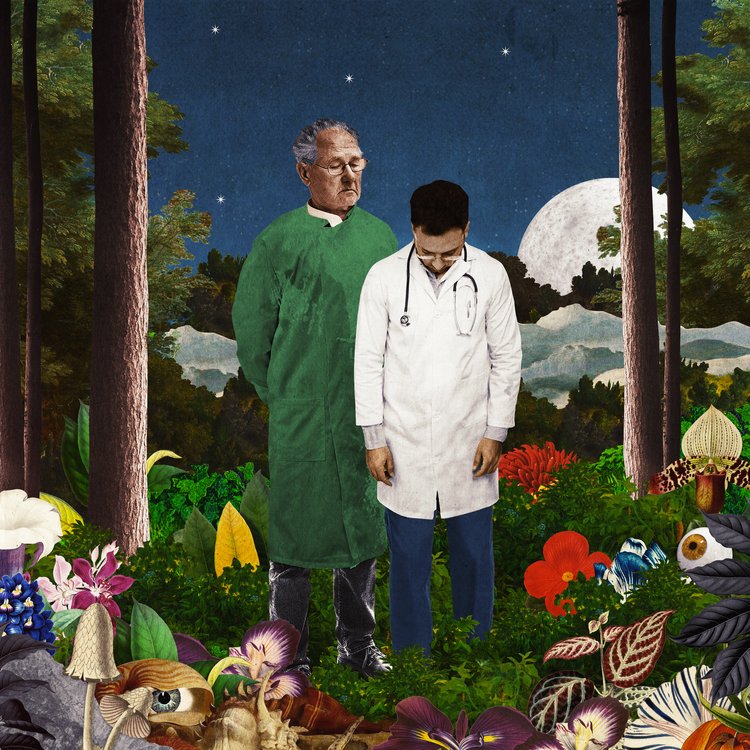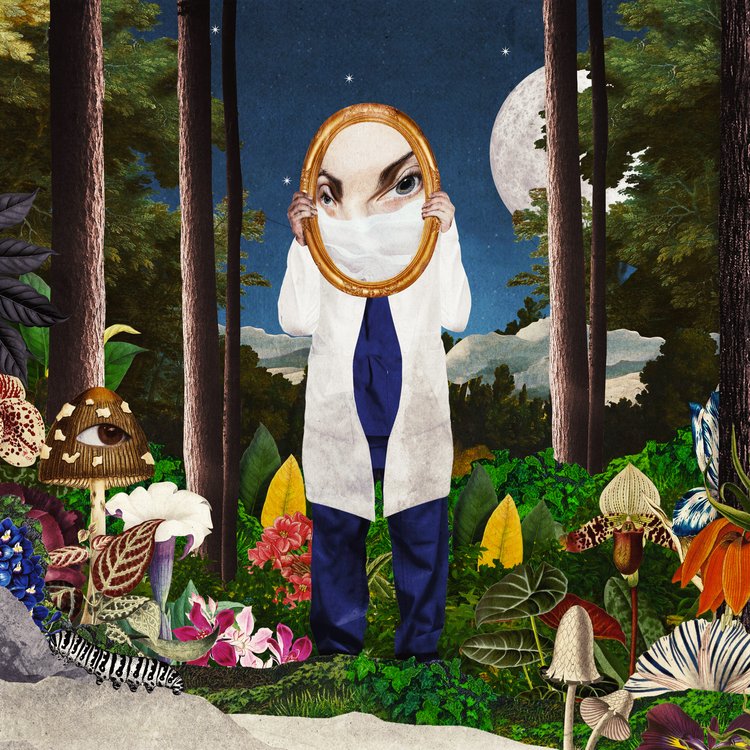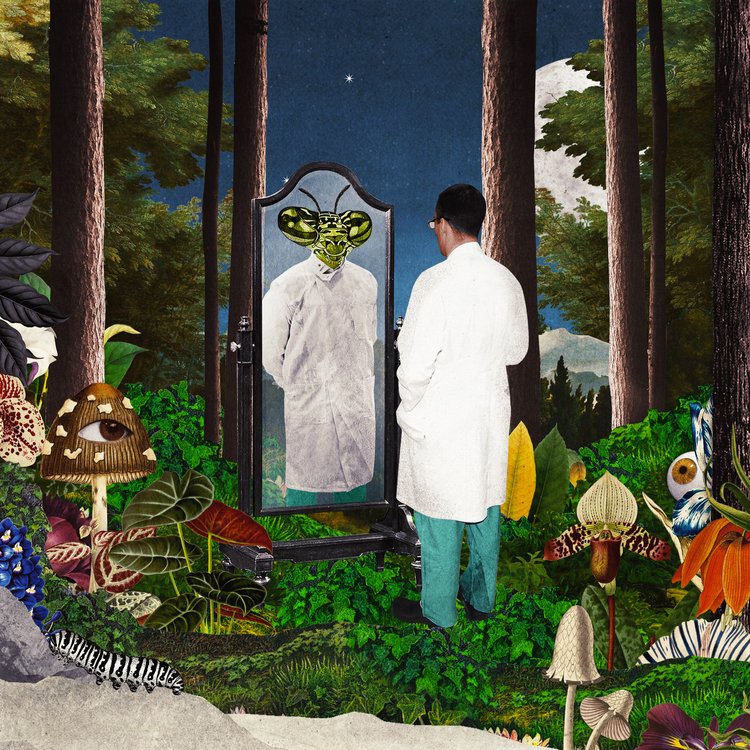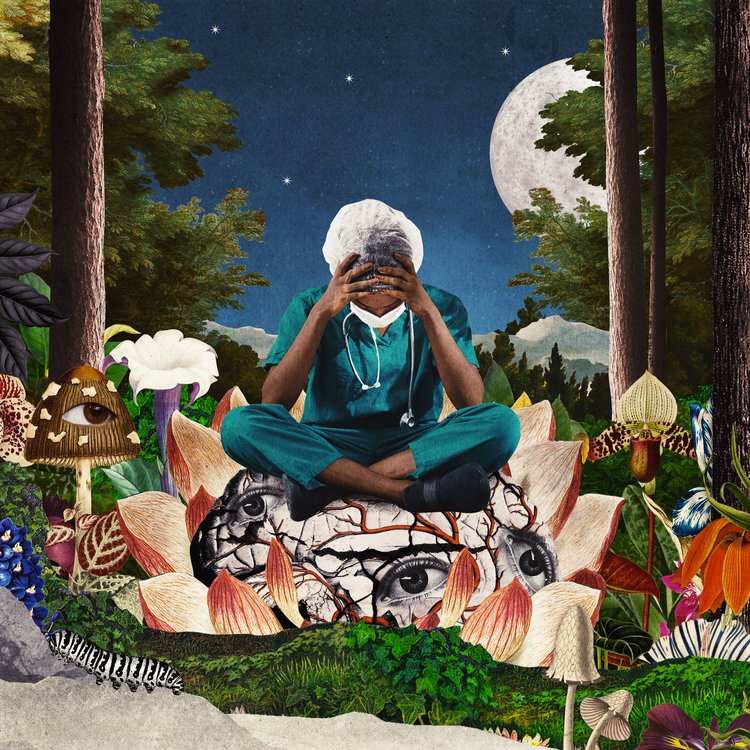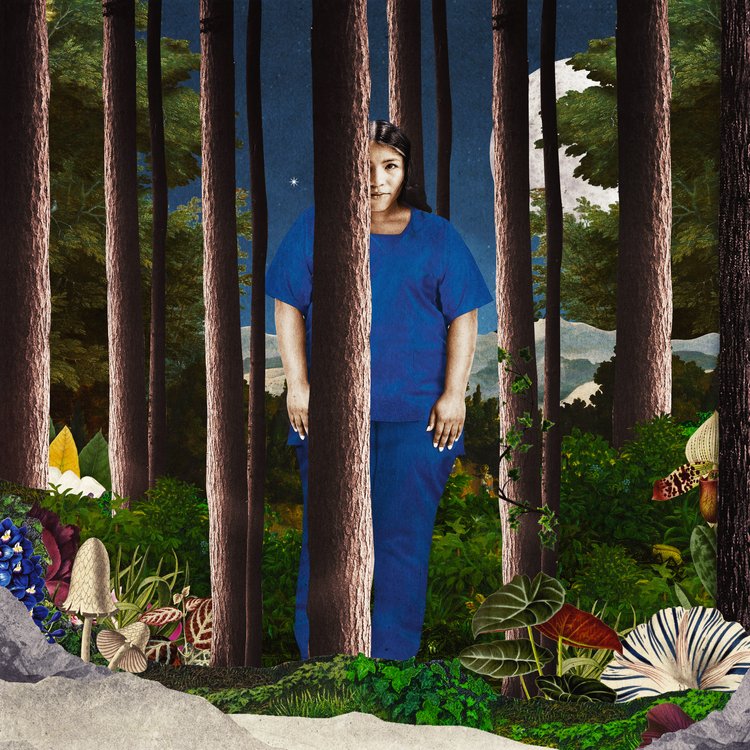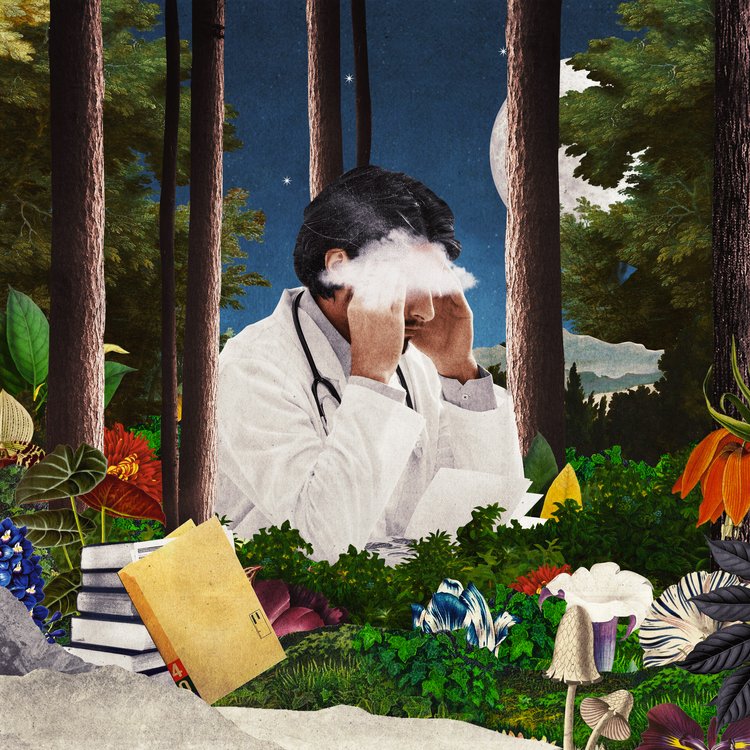Oct 20, 2022
My Emergency Plan
“Listening to this episode [Ep. 6 “The Mistake'] was at once both incredibly comforting and profoundly terrifying. I was comforted by the fact that I wasn’t alone in the utterly unpleasant concoction of guilt, self-doubt and self-hatred that seeped through my entire being every time I made mistake as I started residency. The more I allowed that mixture to brew – the more isolated I felt. To hear my fellow colleagues in medicine (attendings no less) share heartbreaking (yet all too familiar) descriptions of the stupor they found themselves after their mistakes brought a much-needed relief. Their reflections helped me start to internalize that I am anything but alone in the medical errors I have made. However, given I am acutely aware that with more responsibility will come more mistakes – this episode sent my mind spiraling about all the future mistakes ahead of me. The problem solver in me makes me wonder – I know I will make many, many more mistakes, so what “emergency plan” (as one of the speakers eloquently put it) can I lay out for myself when they happen?
The incident the IR attending shared with us about accidentally puncturing the patient’s heart struck me in a way I didn’t anticipate. What was most surprising to me about that story was not the mistake itself, but rather that the attending immediately disclosed his error to the patient and their family, without talking to risk management. He told them plain and simple – he made a mistake, how exactly he made the error, and he was sorry. In the aftermath, at least from what was shared in the episode, it seems the patient and their family moved on. They saw this IR attending as what he was – a human being – and moved on. In our day-to-day non-work, non-medical lives – when we make a mistake that impacts a person that trusts us and we care about – don’t we apologize to them directly? And, most of the time, doesn’t that person end up forgiving us? I strongly believe that a significant propagator of shame around medical errors is the teaching that we are to firmly draw “personal barriers,” with patients. Granted there are some basic barriers that need to be drawn for the protection of all parties, but at what point did these barriers make us out to be these superhuman entities that were programmed for 100% success? If I was a patient and was taken care of by a provider that was never once vulnerable with me, I would of course be frustrated with them when I found out they made a mistake. If the expectation is 100% success, anything less is met with overwhelming disappointment.
I have thus started to try to balance the act of not only being confident with my patients about my medical assessments and plans, but also appropriately vulnerable so that they can see my limitations. Sometimes that sounds like me saying something as simple as, “It’s 9am and I am on my 3rd cup of coffee!” I’ll be the first to admit my “n” is pretty low compared to my senior colleagues – but so far, that’s worked! That outflow of vulnerability my patients are receiving engenders an understanding of my limitations as a human being.
At this point, naturally, the argument that 100% success should be the expectation when human lives are at stake emerges. But realistically, should it? As human beings, we are all inherently fallible. Nothing makes us less so. Not as on organic chemistry in pre-med, not 250+ scores on Step 1 or 2, not perfect OSCE grades. Yet again and again in medical education we are fed this lie that perfection is and has been attained by running the race of “who can make the least mistakes?” So when it comes to my emergency plan I’ll remind myself of two things – 1) I am equally as likely to make mistakes now as I was before medical school and 2 ) vulnerability with patients allows for realistic expectations of me. So, when the time comes that I make my next mistake – my patient will hopefully attribute that to the inevitability of my humanity. And maybe, just maybe, one day I’ll see the inevitability of my humanity for what it is too. It doesn’t make me less so, or less than, it makes me – me.”
reflection forum

